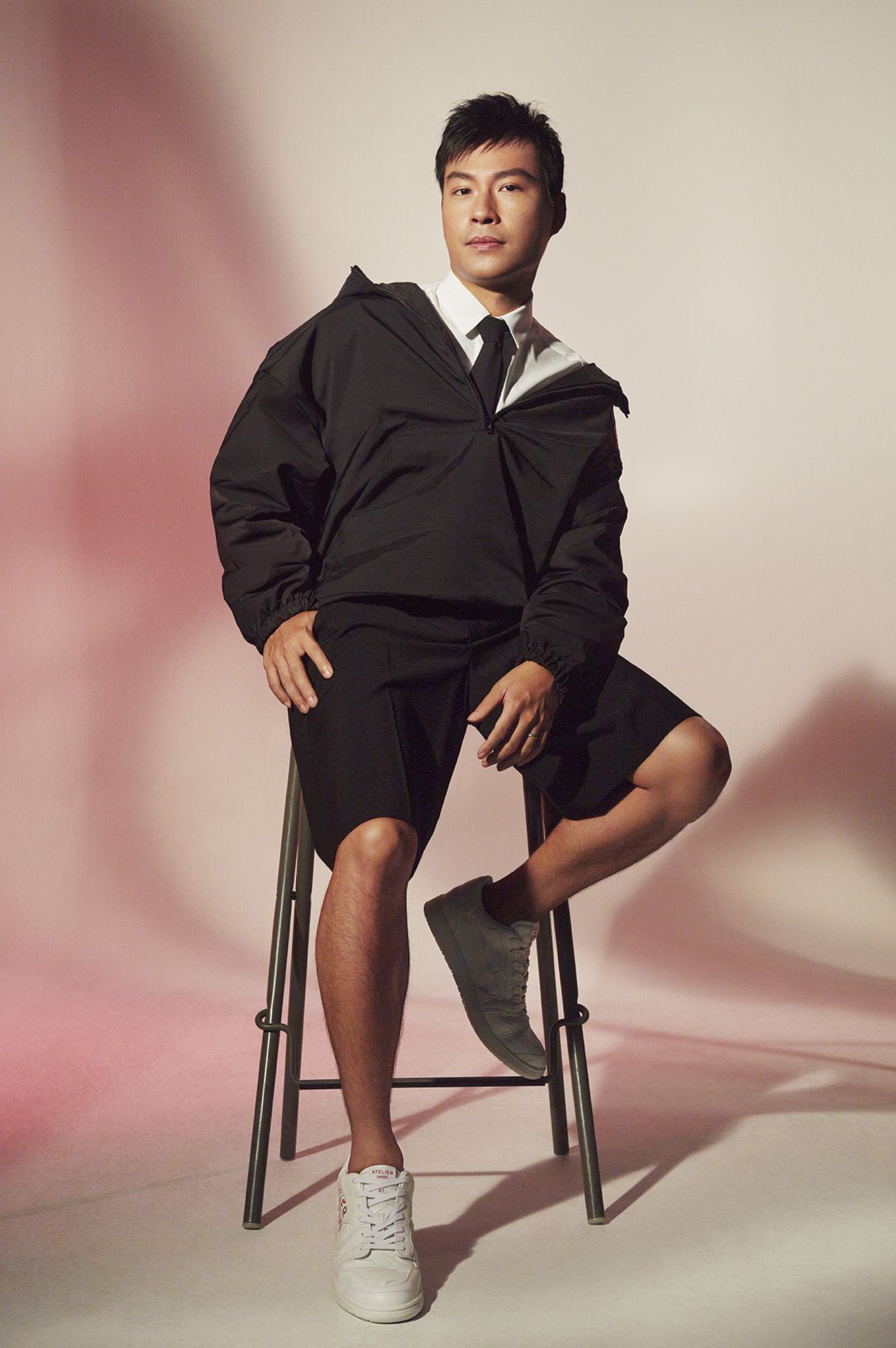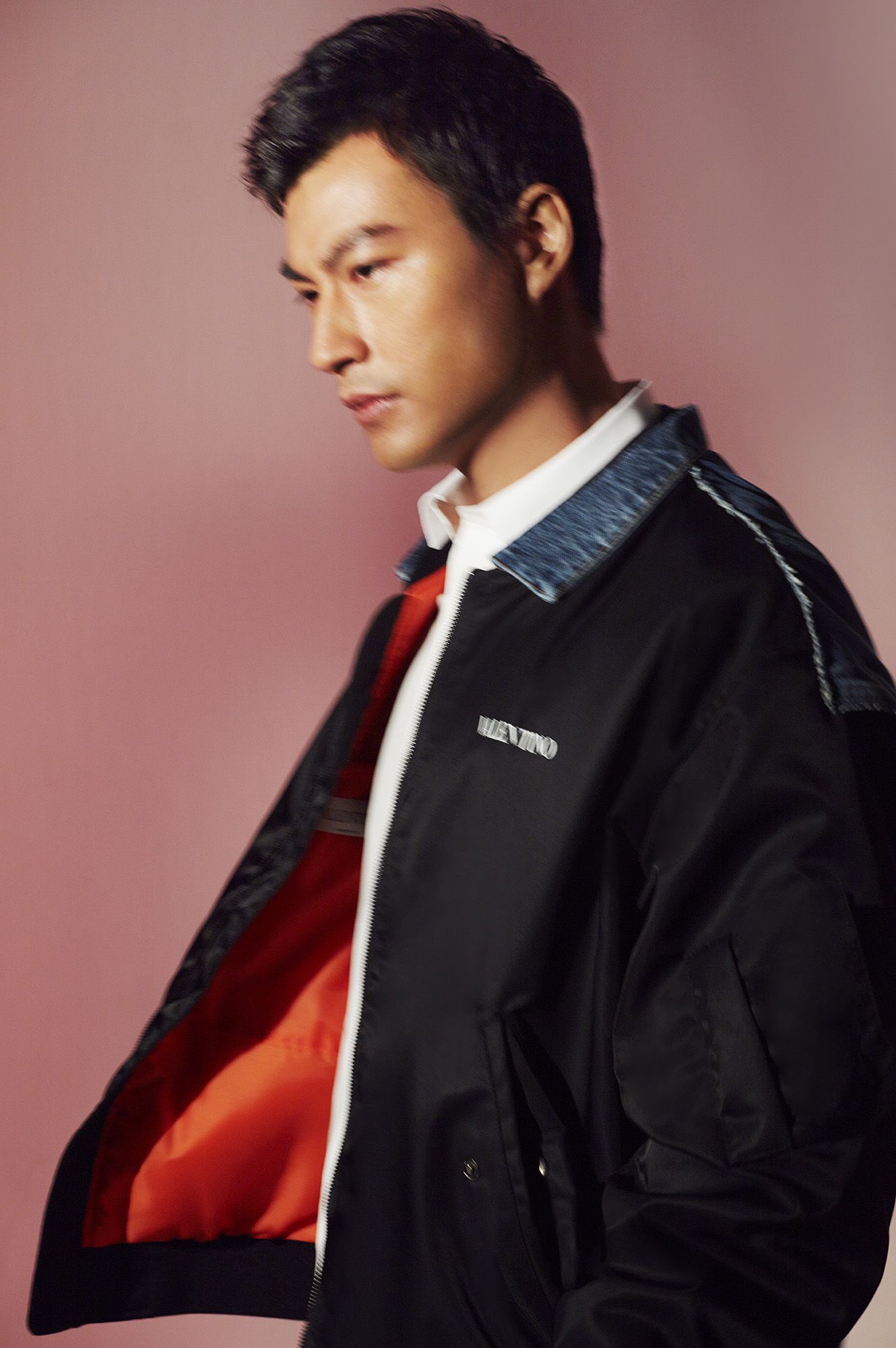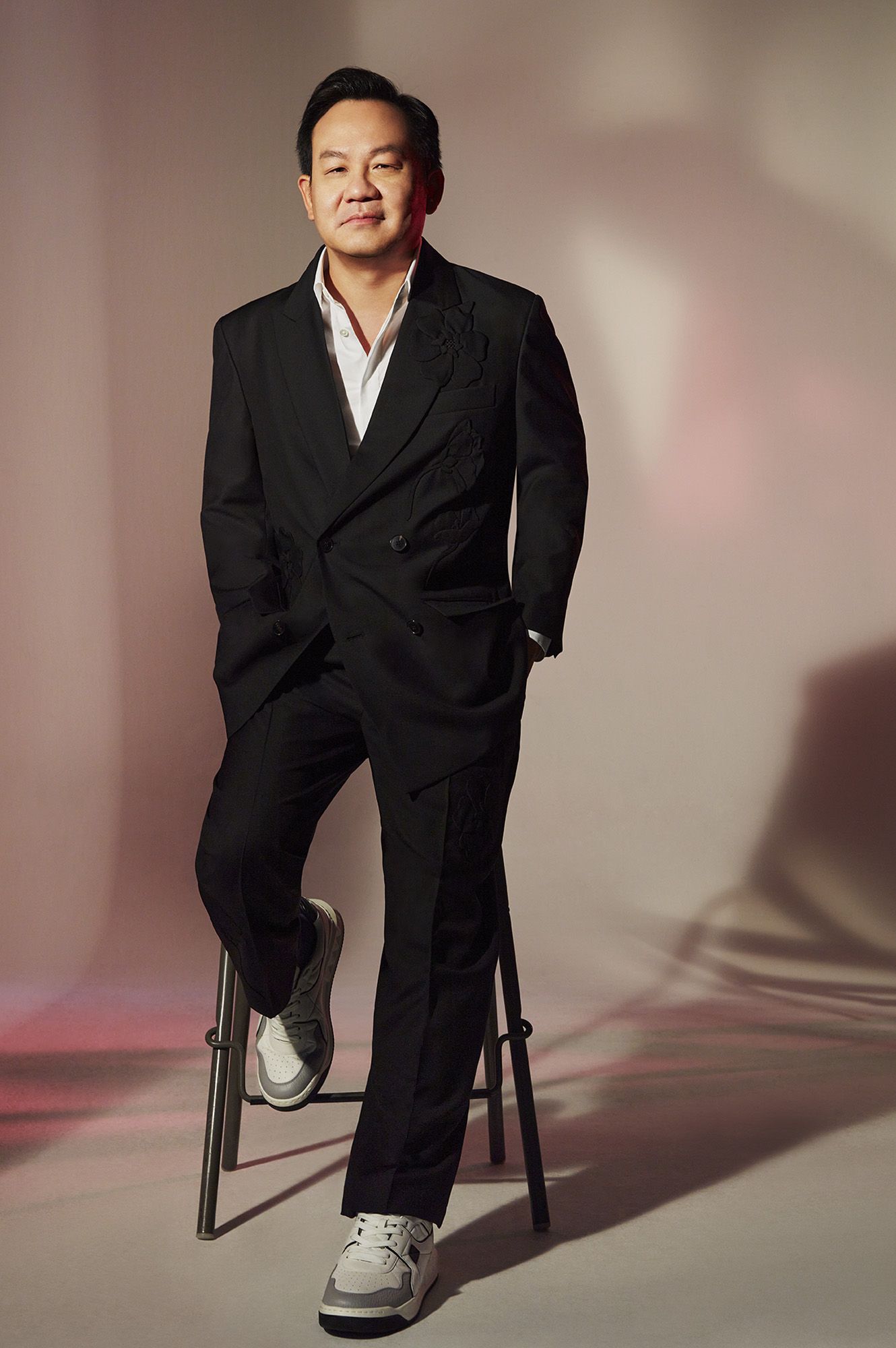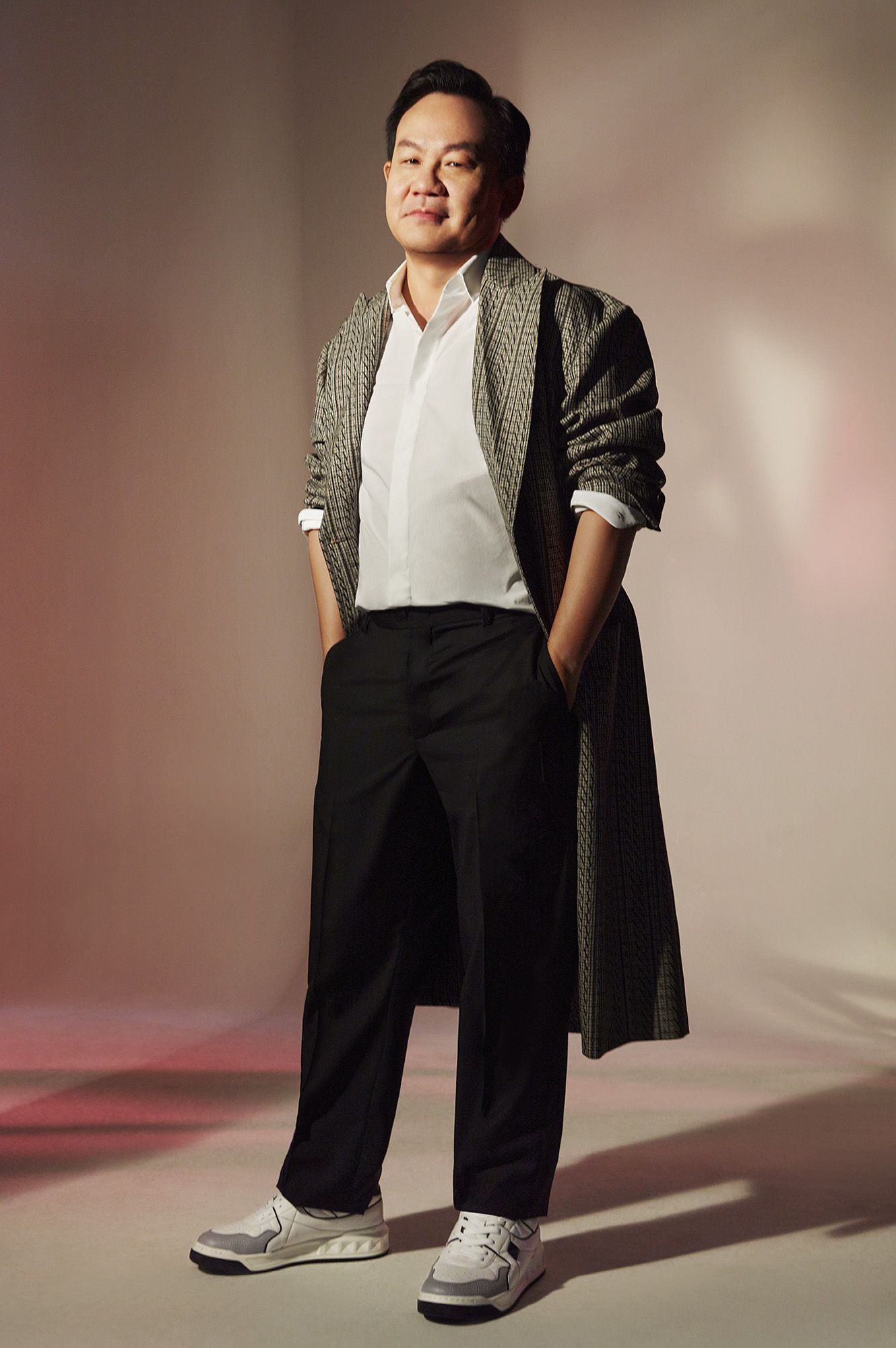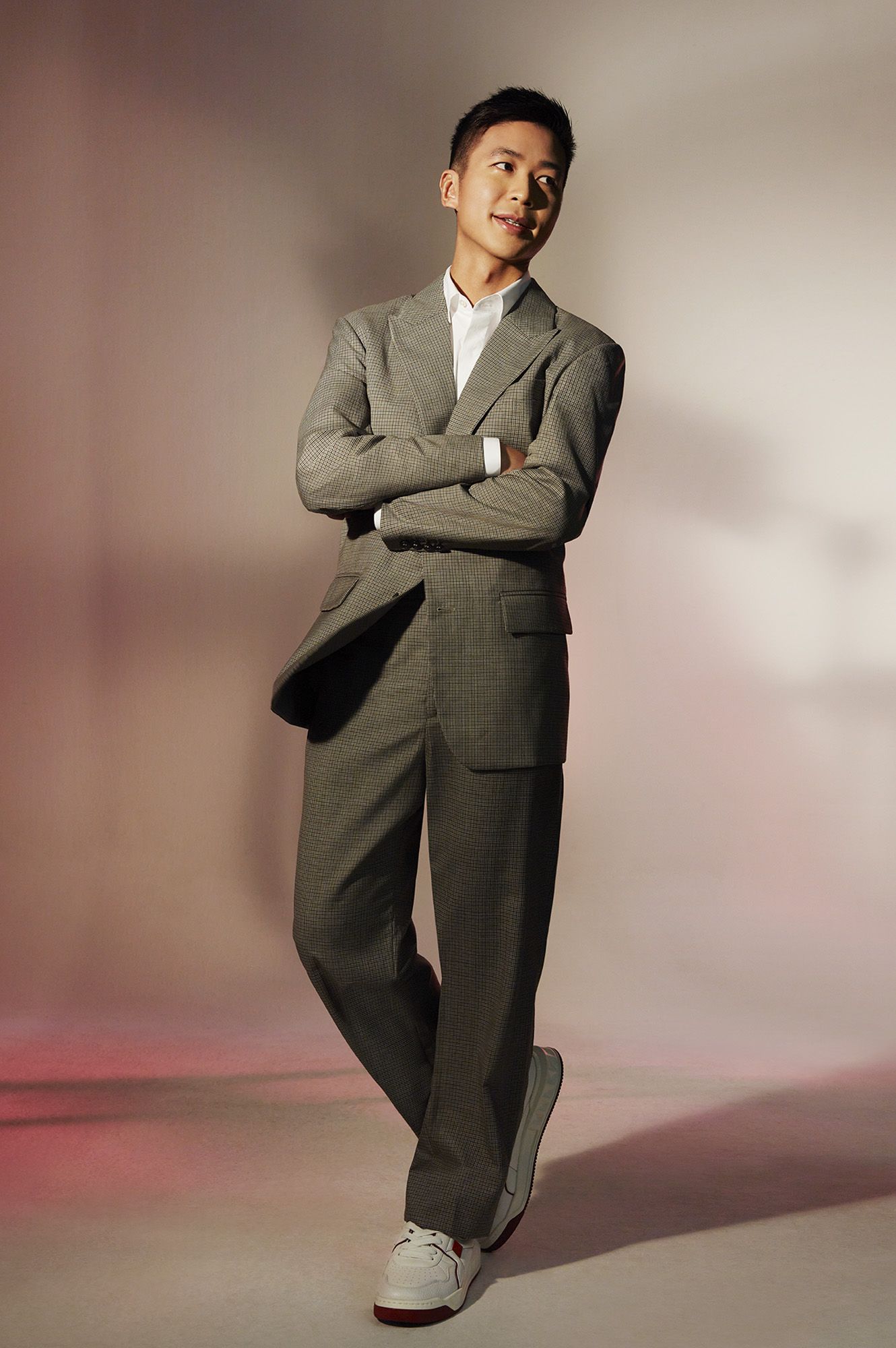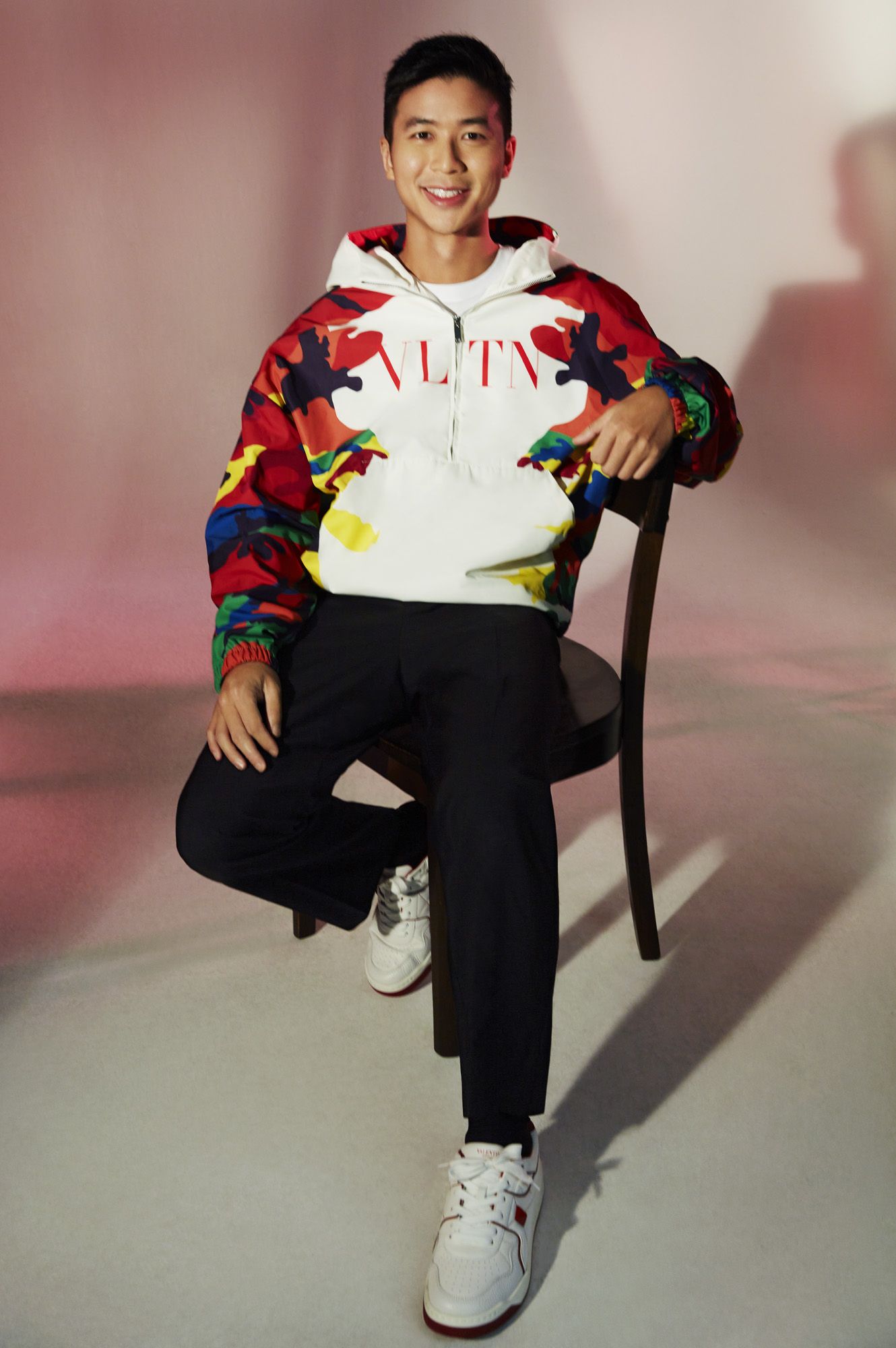Three industry leaders weigh in on why strong leadership comes not from hierarchy but expressing awareness, empathy and connection—qualities that align with the ethos of luxury fashion maison Valentino
As more of the world’s workforce seeks to be a part of purpose-driven businesses, there has also been a shift in perspectives on leadership. The classic approach—exerting his or her power through positional authority—may still work, but it's becoming more apparent that these days, a leader's success also depends on if they can balance that with emotional intelligence.
Also known as EQ, emotional intelligence describes an individual’s strengths in self- and social-awareness, self-management and relationship management. This includes being able to understand yourself and others, empathise with others and overcome challenges.
When tech giant Google analysed the reasons why teams fail or succeed in its multiyear study Project Aristotle, it found that those that thrived the most showed high levels of EQ. In another study measuring the impact of EQ on performance, business leaders with higher EQ saw a workforce that was more productive and less likely to quit—factors that in turn, brought about greater economic value to their companies.
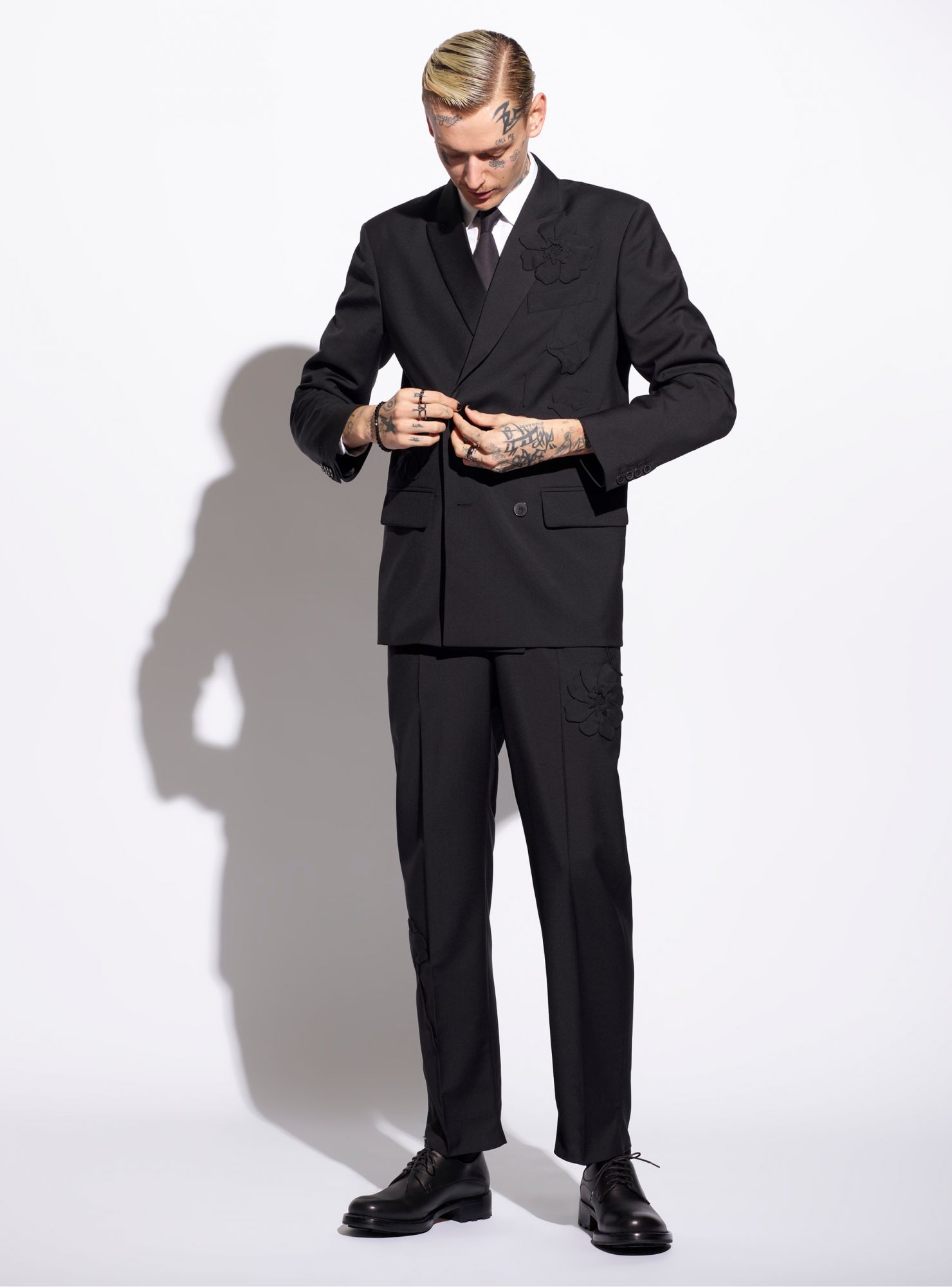
A company's ability to prioritise people—or keep its consumer in mind—also plays a big role in the success of its offerings. A brand that understands this is Valentino.
The Italian luxury fashion maison’s aesthetics illustrate a connection between strength and individual imagination, expression and beauty. But beyond the garments, it also promotes humanism as a source of creativity, and it champions the need for empathy and inclusion in society today.
In partnership with the maison, Gen.T speaks to three industry leaders on what it takes to be an effective leader today.
See also: 5 Ways Leaders Can Create A More Inclusive Workplace Culture


